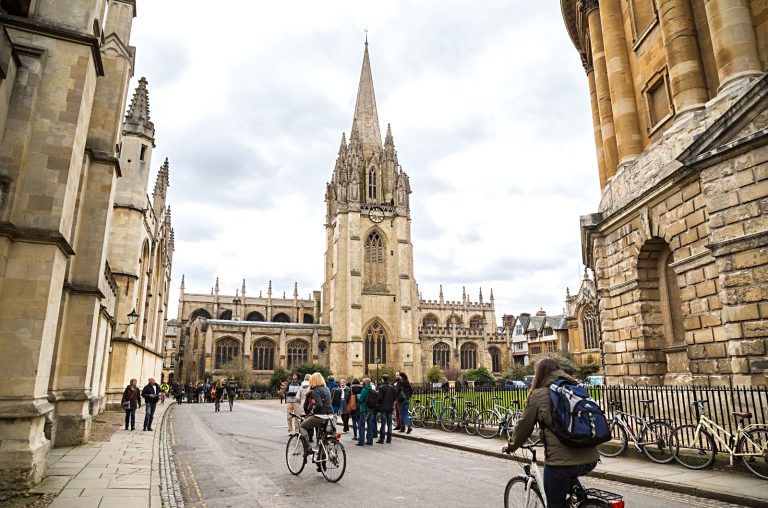
The number of EU students interested in pursuing undergraduate degrees at UK universities has taken a dip, said the Universities and Colleges Admissions Service (UCAS).
The UK’s central higher education admissions organisation recently released figures for early undergraduate applications for the 2017/18 academic year, which included medicine, dentistry, and veterinary degrees and all courses at the University of Cambridge and the University of Oxford.
“Applicants from the EU to this deadline have fallen by nine percent (-620 people) to 6,240, ending a trend of annual increases over recent years.
“EU applicant numbers for this 2017 entry cycle are close to where they were for the 2015 cycle, reversing the eight percent increase seen in the previous (2016) cycle,” it said.
9% fall in EU applicants to ‘early deadline’ university courses reverses the 8% rise seen last year; UCAS data show https://t.co/xIzredFsy4 pic.twitter.com/LoMwkn1hHa
— UCAS Analysis (@ucas_analysis) October 27, 2016
UCAS added that the figures only covered those applying to courses with an October 15 deadline and that they were “a near complete measure of the demand for these courses”.
As for the number of students applying from outside the EU, it has seen a minor increase similar to the previous year, rising by one percent to 11,510 applicants.
In total, UCAS reported that the application cycle has seen a one percent increase from last year to 57,190 applications.
When asked to comment on the figures, a government spokesman told the BBC: “It is too early in the application cycle to predict reliable trends, but the overall increase in applicant numbers is positive – and suggests that even more students will be able to benefit from higher education next year.”
News this week: UK university applications from EU down by 9%, says Ucas https://t.co/mDnUDcVQ4Y
— Higher Education (@GdnHigherEd) October 30, 2016
Nicola Dandridge, chief executive of Universities UK, also said to wait until after the main January deadline, as early applications only account for 10 percent of total applications.
“Only a small percentage of applicants apply by this date and we must wait until the main January deadline before we see the full picture for this application cycle.
“This fall does, however, highlight the importance of ensuring that prospective European applicants are made fully aware of the fees and financial support arrangements well in advance of the applications window. It is important also that we make clear that European students continue to be welcome in coming to the UK to study,” she said.
Fall in EU apps linked to uncertainty over fees: financial guarantee only provided days before deadline. @guardian https://t.co/whxDPMjND8
— Universities UK (@UniversitiesUK) October 27, 2016
Dandridge highlighted the fact that though the UCAS application period began from September 6, the UK government only issued its guarantee that financial support and fees would be maintained for EU students applying for the 2017 intake just four days before the deadline.
“To avoid future uncertainty, we need the government to extend these transitional arrangements now for EU students considering applying for courses starting in 2018. These prospective European students will soon be starting to consider whether to apply to study at British universities,” she suggested.
Despite the overall decrease in EU applicants, Oxford said it has actually seen a one percent increase in applications from EU students.
Speaking to the Guardian, a university spokesperson said: “While there has been understandable uncertainty around the implications of the UK’s exit from the EU, we are confident that students from the EU continue to see Oxford as a welcoming and attractive option for undergraduate study.”
Numbers of EU students applying for the most competitive UK university courses have dropped sharply, new figures… https://t.co/xOCcrfR1x4
— BBC Politics (@BBCPolitics) October 27, 2016
Cambridge, however, has seen the number of EU applicants decline from 2,652 students in 2016 to 2,277 this year.
“We are disappointed to see a reduction in EU undergraduate application numbers on last year, which reflects the considerable uncertainty felt by these students due to the EU referendum.
“But we still received more applications from the EU this year than we did in 2012, and Cambridge remains an attractive place for EU students to study,” the university’s spokesperson told the daily.
Image via Shutterstock
Liked this? Then you’ll love these…
Leaked document undermines UK government’s claims of rampant visa abuse by international students







